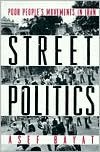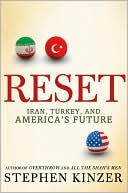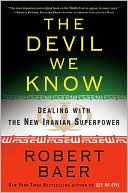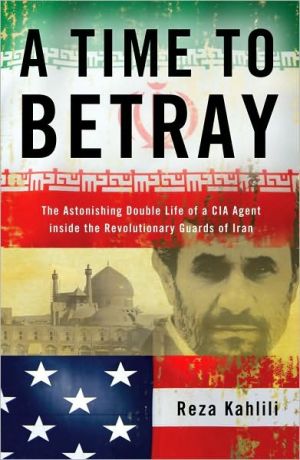Street Politics: Poor People's Movements in Iran
In the late 1970s and throughout the 1980s, an active political movement emerged on the streets of Iran's largest cities. Poor people began to construct their own communities on unused urban lands, creating an infrastructure----roads, electricity, running water, garbage collection, and shelters----all their own. As the Iranian government attempted to evict these illegal settlers, they resisted----fiercely and ultimately successfully. This is the story of their economic and political...
Search in google:
The story of a grassroots political movement that flourished throughout the 1970s and 1980s. Choice Focusing on the immediate prerevolutionary period and the first decade of the Islamic Republic, Bayat discusses the economic and political strategies of ‘ordinary´ [Iranian] people, mainly in Tehran. . . . He demonstrates that, for these people at least, the populist revolution did not bring about the changes that they needed or wanted.
PrefaceAcknowledgmentsChronology of Pre- and Postrevolution Events1The Quiet Encroachment of the Ordinary12Mapping Out the "New Poor"233The Disfranchised and the Islamic Revolution: "Our Revolution and Theirs"354The Housing Rebels: The Occupation of Homes and Hotels, 1979-1981595Back-Street Politics: Squatters and the State756Workless Revolutionaries: The Movement of the Unemployed1097Street Rebels: The Politics of Street Vending1338Grassroots and State Power: The Promise and Perils of Quiet Encroachment157Notes167Bibliography201Glossary217Index221
\ Richard BullietBayat uses sources no one else has ever brought together for the purpose of studying the revolution, and he adds to them both his personal observations and uncommon sensitivity born of his own family background among the 'deprived.' The result illuminates the Iranian revolution while raising questions as to our understanding of underclass movements around the world.\ \ \ \ \ ChoiceFocusing on the immediate prerevolutionary period and the first decade of the Islamic Republic, Bayat discusses the economic and political strategies of 'ordinary´ [Iranian] people, mainly in Tehran. . . . He demonstrates that, for these people at least, the populist revolution did not bring about the changes that they needed or wanted.\ \








